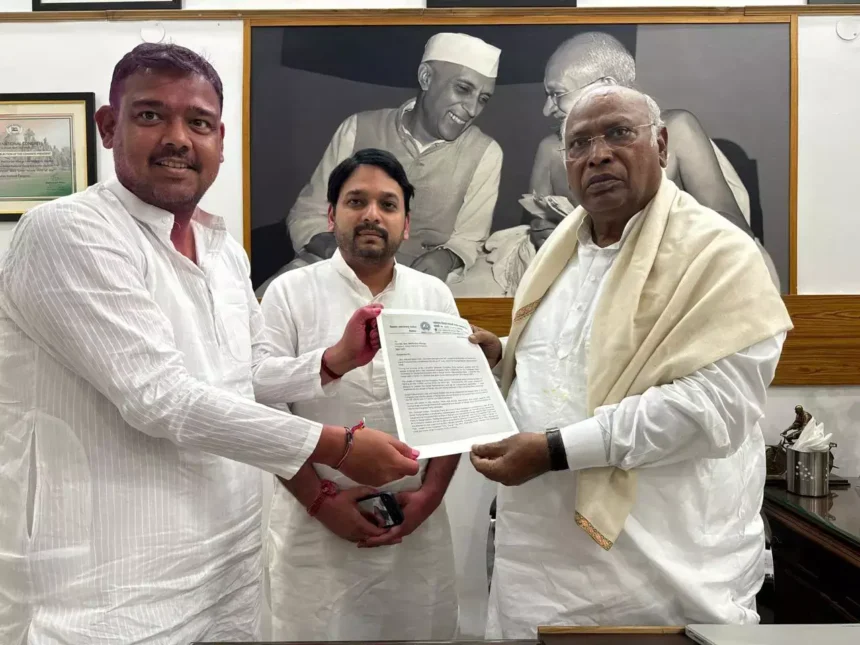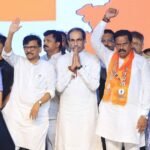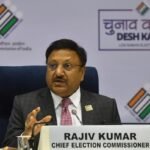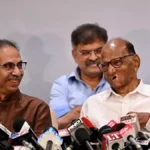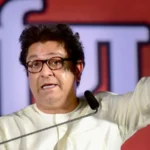Independent candidates have played a significant role in Maharashtra’s electoral landscape, particularly in the 2024 elections. Their presence and performance highlight the complexities and dynamics of the state’s political environment. Here is an in-depth look at their role and impact:
Rise in Independent Muslim Candidates
- Increase in Numbers: There has been a notable rise in the number of independent Muslim candidates in the 2024 Lok Sabha elections in Maharashtra. Official data shows that 79 Muslim independent candidates are in the fray, compared to 55 in 2019. This increase reflects a growing trend of political participation from the Muslim community outside the traditional party structures2.
- Community Representation: The rise in independent candidates is partly due to the dissatisfaction with major political parties, which have been criticized for not nominating enough Muslim candidates. Leaders from the community have expressed concerns that big parties seek Muslim votes but do not provide adequate representation2.
Key Constituencies and Independent Candidates
- Amravati: Navneet Kaur Rana, who was an Independent candidate in 2019, joined the BJP and contested from Amravati in 2024. Her previous success as an Independent highlights the potential for non-affiliated candidates to make significant electoral gains3.
- Raigad and Baramati: The practice of fielding namesake candidates to confuse voters has been prevalent. In Raigad, two independent candidates named Anant Geete contested against the Shiv Sena (UBT) candidate, potentially impacting the vote share. Similarly, in Baramati, an independent candidate named Sharad Pawar contested, which could mislead voters and affect the NCP candidate’s chances4.
Electoral Performance and Impact
- Winning Seats: In the 2024 Lok Sabha elections, seven independent candidates won seats across India, including Maharashtra. This success underscores the ability of independent candidates to resonate with voters and secure victories despite the dominance of major political parties8.
- Influence on Major Parties: The presence of strong independent candidates can influence the strategies of major parties. For instance, the rise in independent Muslim candidates has pressured parties like the Congress to reconsider their candidate selection processes and address the community’s demands for better representation2.
Challenges and Opportunities
- Campaign Resources: Independent candidates often face challenges related to campaign resources and organizational support. Unlike candidates from major parties, they must rely on personal networks and grassroots mobilization to reach voters.
- Voter Perception: Independent candidates can appeal to voters who are disillusioned with traditional party politics. Their perceived independence from party agendas can be an advantage, especially in constituencies where voters seek change or specific local issues to be addressed.
Conclusion
Independent candidates continue to play a crucial role in Maharashtra’s elections, reflecting the state’s diverse and dynamic political landscape. Their increasing numbers and electoral successes highlight the potential for non-affiliated candidates to influence political outcomes and address voter concerns that may be overlooked by major parties. As the political environment evolves, the role of independent candidates will likely remain significant, providing an alternative voice in the democratic process.


